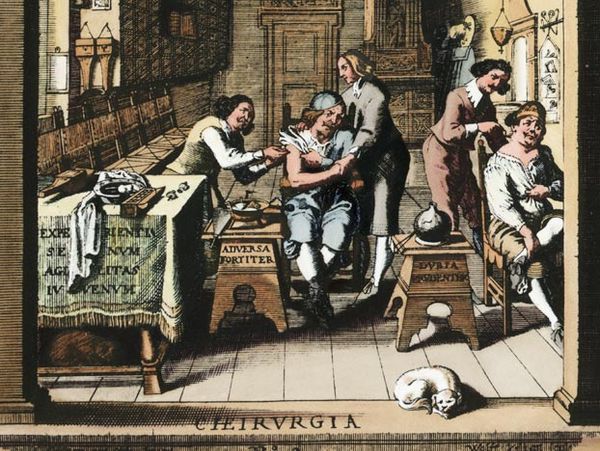About two million adults in the United States suffer from bipolar disorder, a form of depression characterized by extremely high and low mood cycles. Transcranial Magnetic Stimulation or TMS, is a kind of magnet therapy that is being used to treat depression. Bipolar disorder's low mood cycles of depression can be treated with magnet therapy. TMS is a good way to treat a patient's depression and the effects of bipolar disorder.
In the case of Norma Neal of Charleston, South Carolina, it drove her to attempt suicide after the failure of countless medications and therapies left her feeling hopeless. Then she heard about Dr. Mark George of the Medical University of South Carolina and his experimental work treating depression using magnetic energy in a therapy called Transcranial Magnetic Stimulation (TMS).
Advertisement
For the first time in her life, according to Norma, she feels as though life is worth living. Below are answers to questions Dr. George is frequently asked about TMS:
Q: What is Transcranial Magnetic Stimulation (TMS), and how does it help depression?
A: TMS activates certain parts of the brain by using electrical energy passed through a coil of wires to create a powerful magnetic field. During the procedure, energy from this magnetic field is transferred into a patient's brain by means of the coil device applied to the head. Unlike direct electrical energy, energy from the magnetic field passes through skin and skull, activating the brain painlessly and without surgery or sedation. We apply TMS to the front area of the brain, an area associated with mood regulation. Not unlike many anti-depressant medications, TMS affects brain functions and chemical activity, effectively "jump -starting" mood regulation structures in the brain, resulting in dramatic improvements in depressed patients.
Q: How long does the procedure take? Does it hurt?
A: TMS is a non-invasive procedure that is performed on awake, alert adults with generally no discomfort. The most successful TMS treatments for depression occur when patients undergo TMS every day for about 20 minutes for several weeks. Often, there is no noticeable mood change during the first week, but starting with week two, dramatic positive responses to treatment can be seen in this out-patient procedure.
Q: Will it disrupt other areas of brain functioning or change my personality?
A: One of the benefits of TMS is its accuracy. It allows practitioners to target very specific parts of the brain, leaving other areas alone. In fact, by getting rid of the depression, patients' ability to think and function actually improves. TMS patients report that they feel "themselves" again.
Q: Is Transcranial Magnetic Stimulation a permanent cure for depression?
A: The effects of TMS on depression over time are currently being studied. Like other treatments for depression, such as medication and electro-convulsive therapy, once TMS is stopped, patients may or may not relapse back into depression. TMS has been shown to yield effective short-term results, but it's unclear how long the effects of TMS continue to work after initial treatment and improvement. Studies using TMS once a week as a maintenance procedure are in progress.
The information expressed on this page is the opinions and perspectives of the individual featured here and is not necessarily endorsed or recommended by Discovery Health Online.
Advertisement
